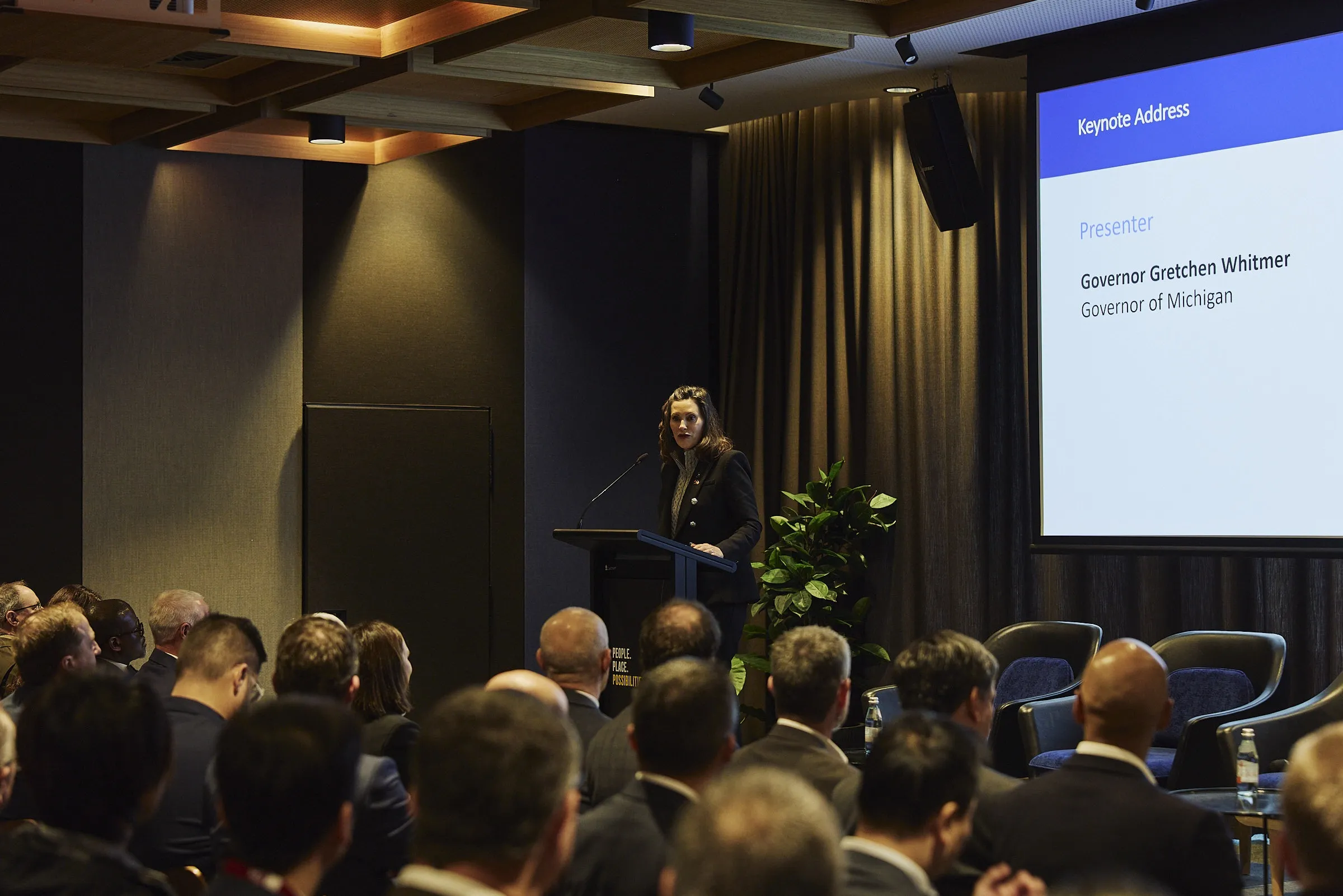As part of its active participation in an EU-US Harmonisation Task Group (HTG) on the international deployment of Cooperative Intelligent Transportation Systems (C-ITS), Transport Certification Australia (TCA) will host a meeting of the group working on behalf of the European Commission and United States Department of Transportation in Melbourne during March 2014.
“TCA is delighted to be hosting our fellow HTG delegates, focusing on the objective of working with stakeholders across regions to develop can
February 21, 2014
Read time: 2 mins
As part of its active participation in an EU-US Harmonisation Task Group (HTG) on the international deployment of Cooperative Intelligent Transportation Systems (C-ITS), 7205 Transport Certification Australia (TCA) will host a meeting of the group working on behalf of the 1690 European Commission and United States Department of Transportation in Melbourne during March 2014.
“TCA is delighted to be hosting our fellow HTG delegates, focusing on the objective of working with stakeholders across regions to develop candidate approaches to harmonise policy, architectures, and standards for C-ITS security, which will support secure and fully interoperable Vehicle-to-Vehicle (V2V) and Vehicle-to-Infrastructure (V2I) applications,” said TCA chief executive officer, Chris Koniditsiotis.
He went on to say that the importance of the HTG is even more significant following the announcement of accelerated deployment of V2V and C-ITS technologies in the US.
He continued: “The HTG’s important work is being conducted to improve interoperability of C-ITS across operational boundaries and to reduce development and deployment costs by enabling multi-regional adoption of common hardware and software for C-ITS, and leveraging international expertise to cooperatively and efficiently develop C-ITS technologies. It will support accessibility to international markets, while increasing innovation and accelerating the deployment of C-ITS.
“Australia will benefit from harmonised C-ITS policies and standards by avoiding the need for localised solutions which can lead to reduced development and investment – inevitable when leveraging international work – and a faster time to market can ultimately lead to greater productivity and improved road safety outcomes.”
“TCA is delighted to be hosting our fellow HTG delegates, focusing on the objective of working with stakeholders across regions to develop candidate approaches to harmonise policy, architectures, and standards for C-ITS security, which will support secure and fully interoperable Vehicle-to-Vehicle (V2V) and Vehicle-to-Infrastructure (V2I) applications,” said TCA chief executive officer, Chris Koniditsiotis.
He went on to say that the importance of the HTG is even more significant following the announcement of accelerated deployment of V2V and C-ITS technologies in the US.
He continued: “The HTG’s important work is being conducted to improve interoperability of C-ITS across operational boundaries and to reduce development and deployment costs by enabling multi-regional adoption of common hardware and software for C-ITS, and leveraging international expertise to cooperatively and efficiently develop C-ITS technologies. It will support accessibility to international markets, while increasing innovation and accelerating the deployment of C-ITS.
“Australia will benefit from harmonised C-ITS policies and standards by avoiding the need for localised solutions which can lead to reduced development and investment – inevitable when leveraging international work – and a faster time to market can ultimately lead to greater productivity and improved road safety outcomes.”









